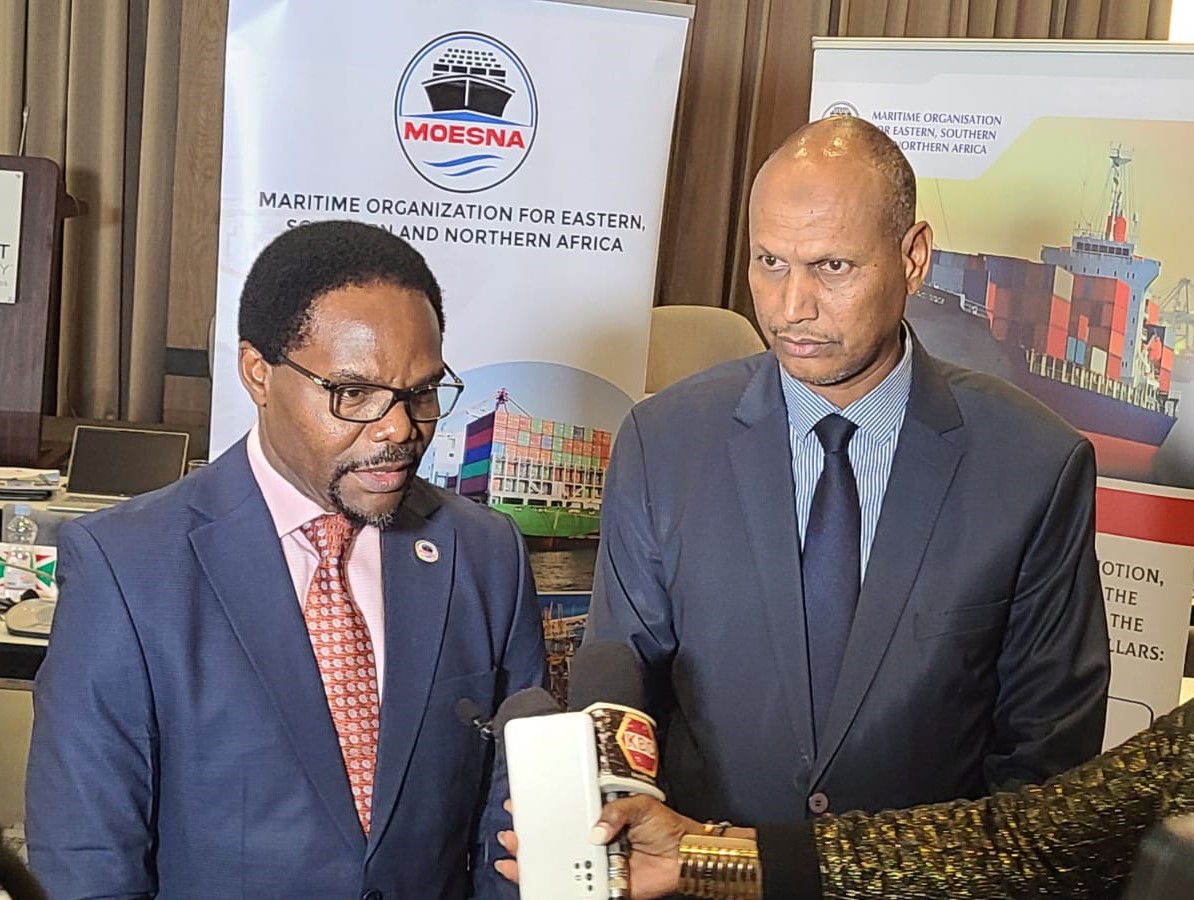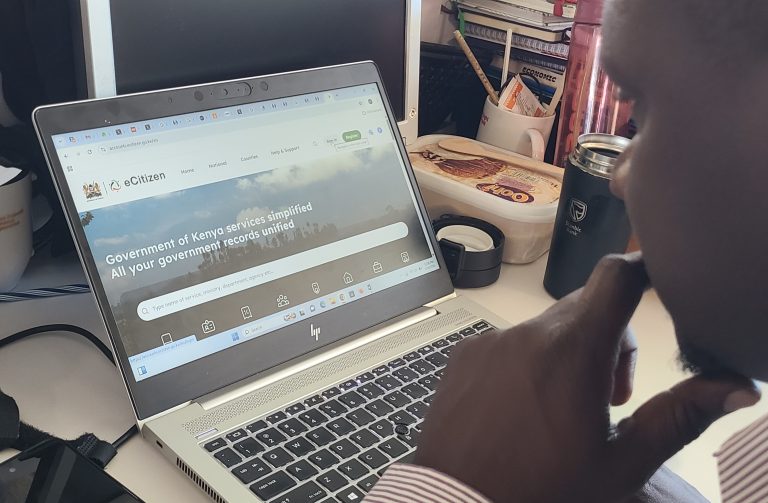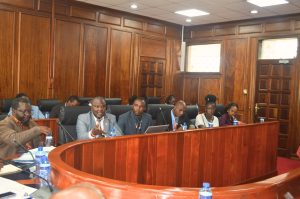Kenya is looking to ride on a new regional policy to control the prices of goods entering through the port of Mombasa as a way to shield citizens from global supply chain shocks and high commodity prices.
Jointly with 18 other countries in Eastern, Southern, and Northern Africa, the states have intensified efforts to establish a joint regional shipping line as part of a broader strategy to cushion their economies from global supply chain disruptions.
The states, meeting in Nairobi under the Maritime Organisation for Eastern, Southern, and Northern Africa (MOESNA), are reviewing draft feasibility reports on setting up the shipping line alongside a regional maritime cargo protocol aimed at strengthening Africa’s control over its maritime trade.
While an estimated 89 per cent of the region’s international trade moves by sea, African control of that shipping capacity remains minimal.
This leads to fragmented services, high costs, and poor connectivity between the continent’s own ports.
MOESNA Secretary-General Kassim Mpaata said the initiative is designed to close a long-standing gap in the region’s maritime capacity.
“We don’t have a regional cargo protocol to encourage investment in vessels. We don’t have a regional framework for collaboration among indigenous shipping lines, and we continue operating in silos,” Mpaata said.
“This framework will allow us to promote vessel ownership, improve collaboration and strengthen the region’s maritime trade.”
The proposed cargo protocol will set common rules for vessel movement within the region, encourage investment in coastal shipping services, and support the growth of local shipping lines, areas that have long been dominated by multinational operators.
Mpata said the lack of coordinated maritime policy has left African economies exposed to external shocks, particularly volatile global freight charges.
“We need to consider ourselves as one as far as maritime is concerned. Working together is not enough; we must have protocols that guide this collaboration,” he said, urging member states to prioritise ratification once the framework is completed.
Principal Secretary, State Department for Shipping and Maritime Affairs Aden Millah, said reliance on foreign shipping lines has constrained regional trade and exposed countries to unpredictable pricing.
“We are at the mercy of international companies. We have no control over the charges and the rules of the game they dictate. If we can have our own regional shipping line, the pricing of goods and services will stabilise and we will strengthen intra-African trade,” said Millah.
He added that even maritime security operations are affected, with African navies often responding to incidents involving foreign-owned vessels because the region lacks its own fleet.
The regional plan also aligns with broader continental ambitions under the African Maritime Charter, which seeks to boost Africa’s participation in the global blue economy.
Member states hope that the shipping line will not only reduce freight costs and improve supply chain resilience but also enhance economic integration across the Indian Ocean, the Red Sea, and the South Atlantic.
MOESNA and COMESA are expected to consolidate the final framework before submitting it to governments for adoption and ratification, ultimately paving the way for Africa’s first jointly owned regional shipping line.
The project has been decades in the making, with roots in the early 1990s. The push was revitalized in 2019 and received a direct ministerial mandate in 2022 to expedite the work.
by JACKTONE LAWI











